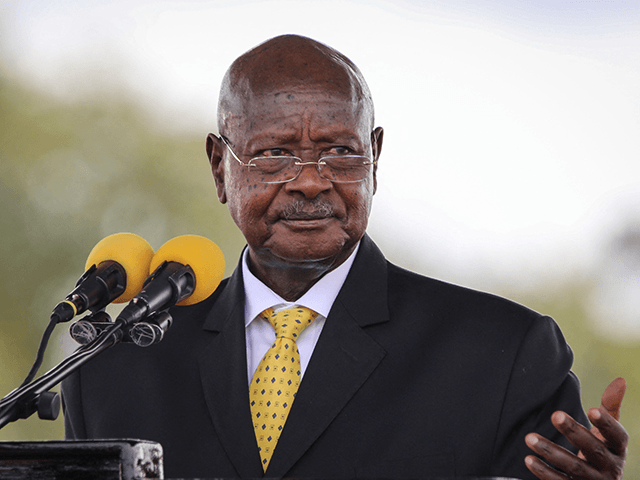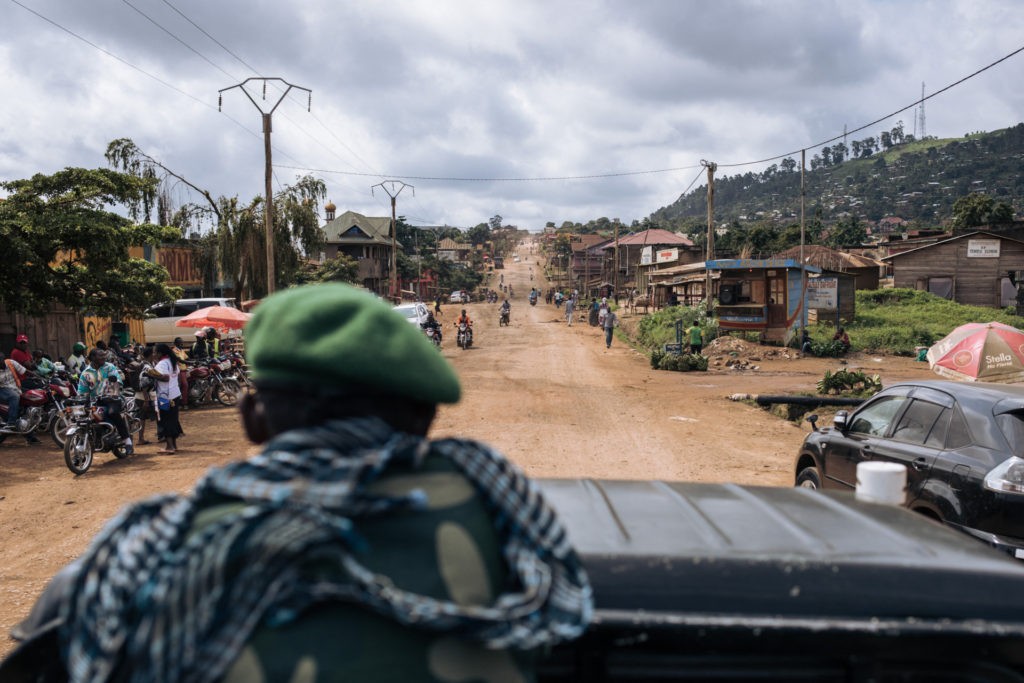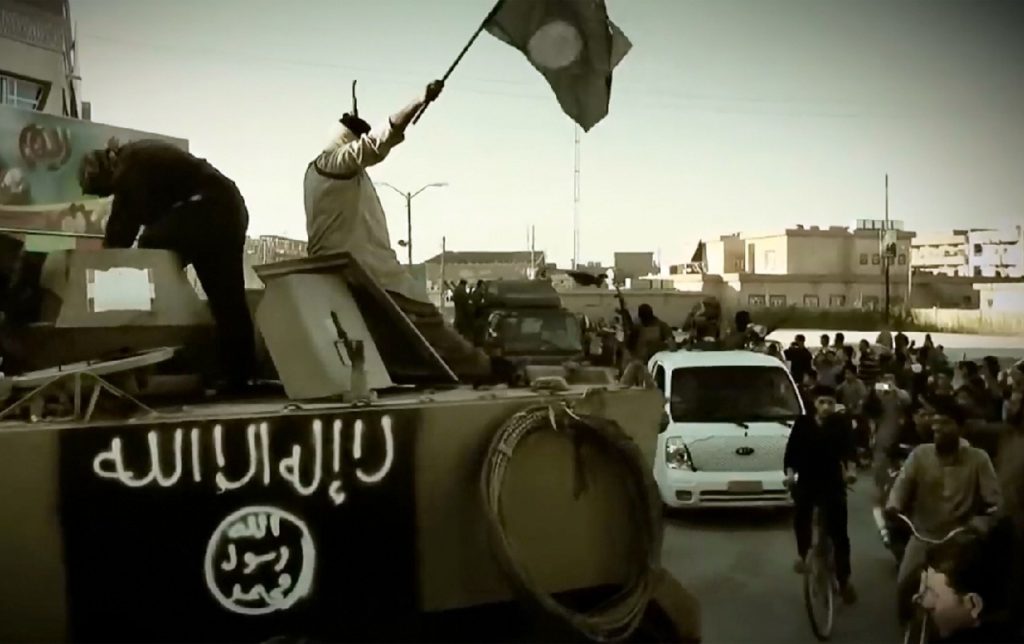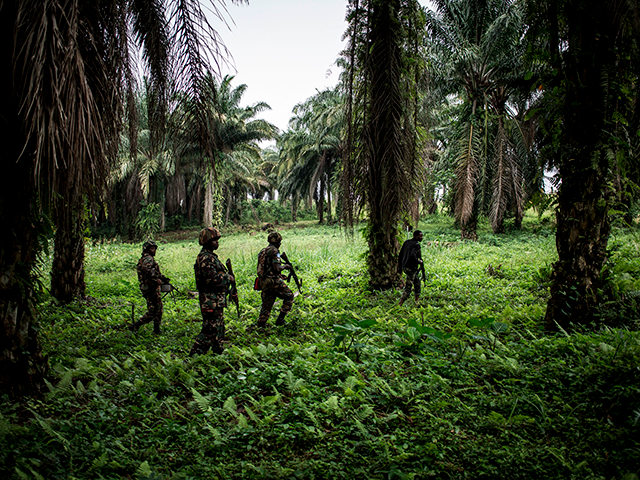The military forces of Uganda and the Democratic Republic of Congo (DRC) announced on Wednesday that a joint military operation against jihadists in eastern Congo will be extended into a “third phase” because the enemy has not been “eradicated.”
The campaign, dubbed “Operation Shujaa,” was launched six months ago. About 1,700 Ugandan troops were sent into the eastern Congo to assist DRC forces. Uganda pledged to withdraw its forces when the operation was completed.
Operation Shujaa was originally scheduled to conclude on June 1, a goal restated as recently as two weeks ago, but a spokesman for the coalition told Reuters on Wednesday it will be extended for an unspecified period of time. The number of Ugandan troops currently operating in Congolese territory was withheld as classified information.
The primary adversary targeted by Operation Shujaa is a rebel group called the Allied Democratic Forces (ADF), a hard-core Islamist terrorist gang that formed in the DRC in 1995 but included a large number of Ugandan militants whose original goal was overthrowing President Yoweri Museveni. The ADF received vital early training and support from Sudan, making it a regional menace from its inception.

Ugandan President Yoweri Museveni speaks during the inauguration ceremony for his sixth term at Kololo Ceremonial Grounds in Kampala, Uganda, on May 12, 2021. (BADRU KATUMBA/AFP via Getty Images)
Museveni is still in power almost 30 years later, having taken the presidency in a 1986 coup and won five rather sketchy elections since then. The ADF accused his government of oppressing Muslims. After the group was soundly defeated by the Ugandan military in 2001, it relocated to the North Kivu province of the DRC, spent three years regaining its strength, and began launching brutal terrorist attacks against Congolese civilians in 2014.

Congolese soldiers drive along the road from Beni to the Ugandan border, 80 kilometers east, northeastern Democratic Republic of Congo, on May 23, 2021. (ALEXIS HUGUET/AFP via Getty Images)
The ADF pledged allegiance to the Islamic State in 2016, and ISIS began claiming responsibility for terrorist attacks along the Uganda-DRC border in 2019. Before it joined ISIS, the ADF often spoke of establishing its own Islamic “caliphate.”

A propaganda video released by the group called the Islamic State of Iraq and the Levant (ISIL) showing fighters on an armored vehicle
ADF leader Musa Seka Baluku announced in September 2020 that his organization has “ceased to exist” because it has been fully assimilated into the Islamic State’s “Central African Province” (ISCAP).
Regional analysts say the ADF is still a distinct entity and provides most of the muscle for terrorist operations in the DRC, but ISCAP claims responsibility for most terrorist killings in the Congo and never refers to the ADF as a distinct organization in its propaganda.
The U.S. government designated the ADF as a foreign terrorist organization in 2021 under the name “ISIS-DRC.”
The United Nations blames the ADF for killing at least 200 civilians over the past two years and displacing 40,000 refugees from the area it controls. Half of those refugees fled over the border into Uganda, and more are coming at the rate of about 500 per day, straining Ugandan resources and international humanitarian aid to the limit.
Many of the ADF’s civilian slaughters are perpetrated with machetes. The group is noted for exceptional savagery toward Christian villagers, but it also attacks Congolese military targets and U.N. peacekeepers. ISIS enjoys taunting the DRC government for its inability to protect Christians from ADF massacres.

COMMENTS
Please let us know if you're having issues with commenting.